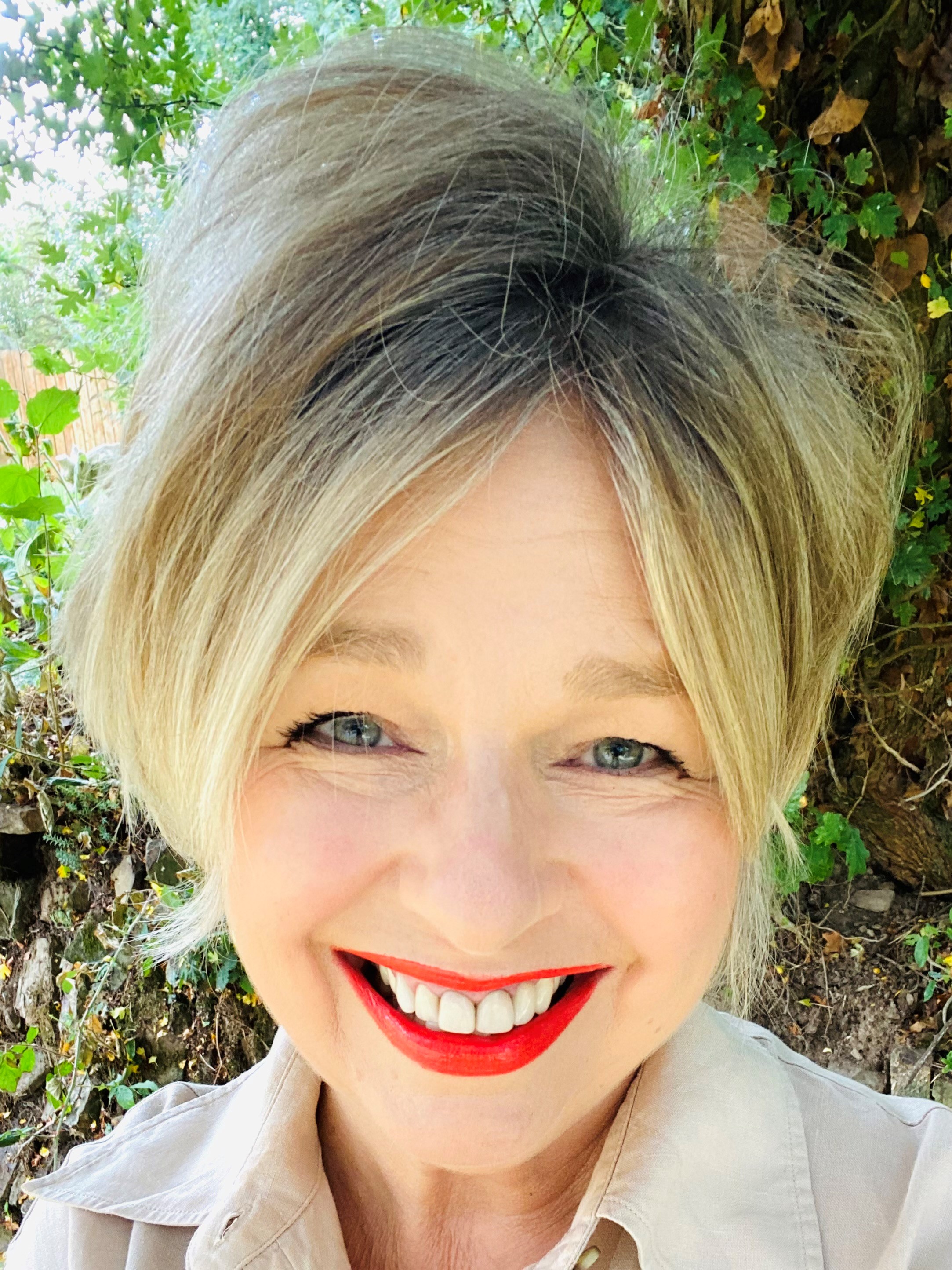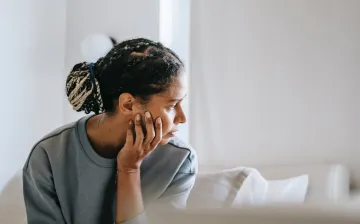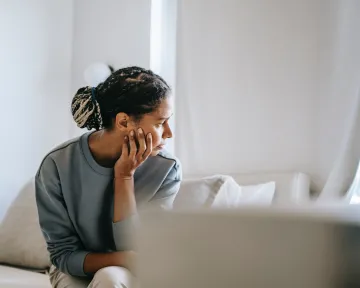
Do you have a question to ask Ammanda?
Ammanda Major is a sex and relationship therapist and our Head of Service Quality and Clinical Practice
If you have a relationship worry you would like some help with send a message to Ammanda.
*We're not able to reply individually to every email we receive, please see our Talk to someone pages for further support.



